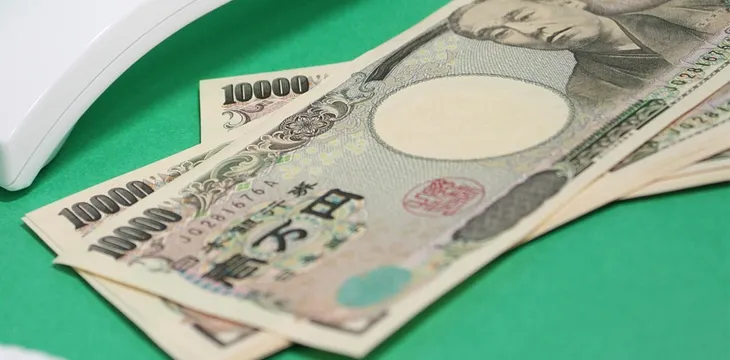|
Getting your Trinity Audio player ready...
|
Japanese digital currency exchange Coincheck has been targeted by hackers. In an official statement, Coincheck confirmed that a third party gained access to the platform’s domain registry service and was then able to fraudulently obtain Coincheck user’s email addresses and personal data.
What was stolen?
Some 200 Coincheck user email addresses, as well as the information those users may have sent in their emails to Coincheck, was stolen during the data breach. Accessing Coincheck’s domain registry allowed the third party to obtain the email addresses and information from users who sent an email to [email protected] anytime between May 31 and June 1. According to Coincheck, the user’s emails may have contained the user’s name, registered address, date of birth, phone number, and ID Selfie.
As a result of the breach, Coincheck recommends that its users no longer send emails to [email protected], but instead, send them to [email protected], or, that they fill out an inquiry form instead of making direct contact.
No money was stolen during the data breach, however, Coincheck has paused their digital currency remittance service for the time being. However, depositing and withdrawing Japanese yen and receiving, purchasing and selling digital currency assets is still live on Coincheck.
Coincheck makes history…again
In 2018, Coincheck experienced the largest digital currency exchange theft in history. The exchange lost $533 million (JPY58 billion) worth of digital currency after hackers stole 500 million NEM tokens.
コインチェック会見、金融庁から仮想通貨取引所の登録受けていない点を問われ「登録する前提で準備してきた。現在も取得する計画でいる」
— 日経ヴェリタス (@nikkei_veritas) January 26, 2018
At the time of the NEM theft, it was also revealed that Coincheck had not registered with Japan’s Financial Services Agency. The exchange has since been acquired by Japanese financial services company Monex Group and is now a licensed entity.
The two events—the recent data breach and the former exchange theft—make Coincheck a less attractive institution for traders. When an exchange is susceptible to data breaches and monetary theft, you are putting yourself at risk if you deposit funds or personal identity information to that exchange.

 08-24-2025
08-24-2025 





